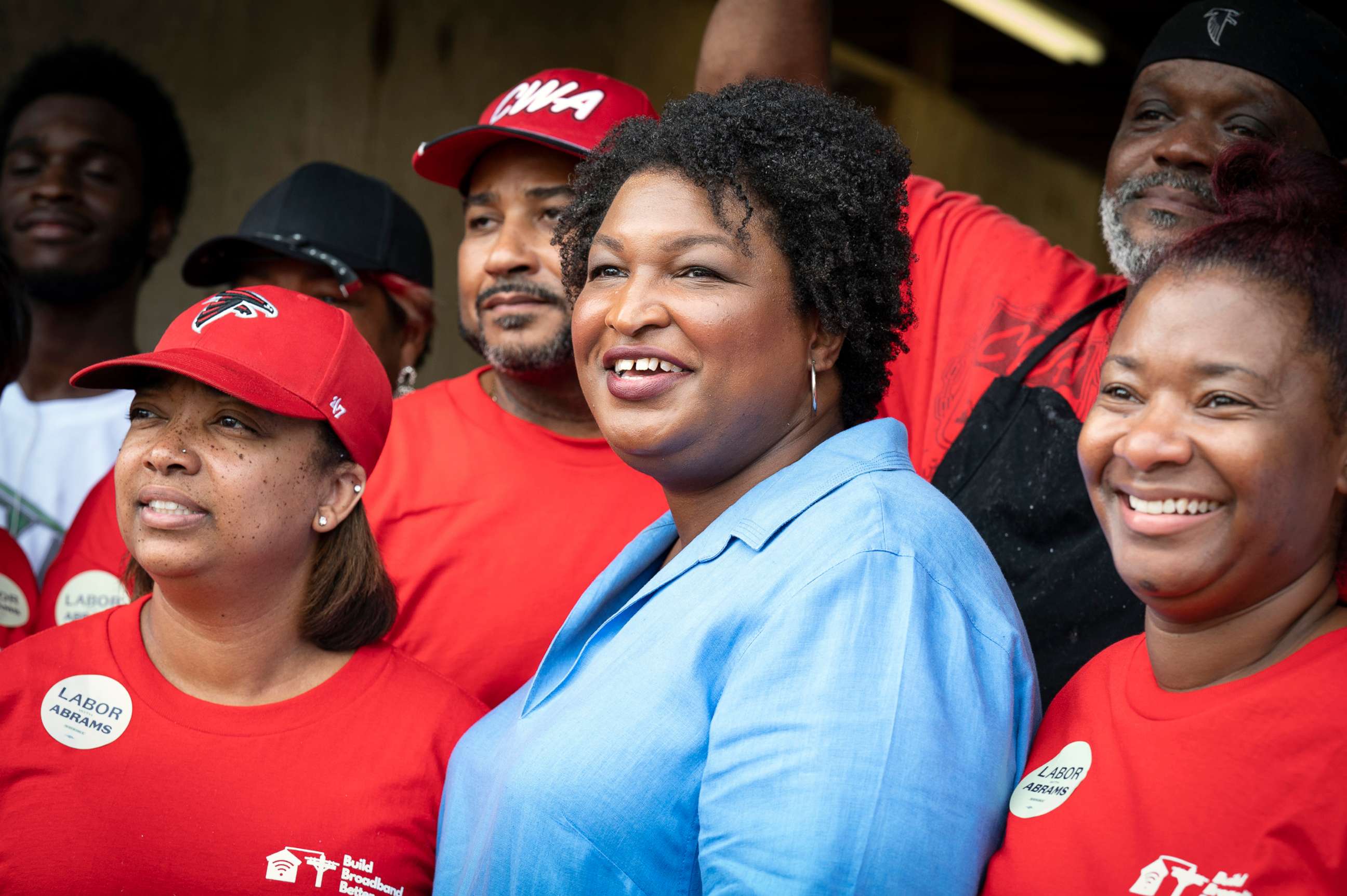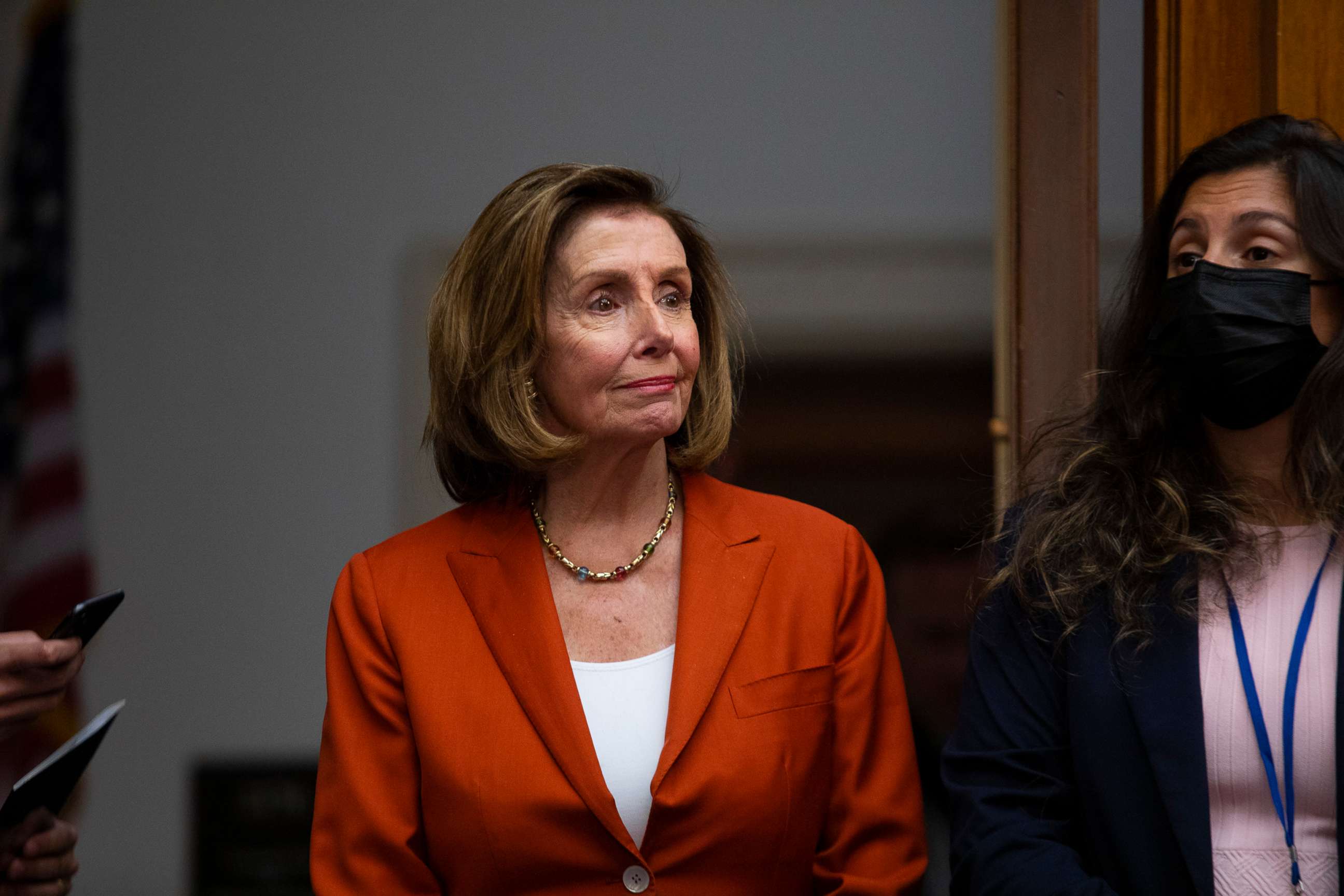How Black voters are feeling heading into the midterm election
Each campaign season is usually branded as a runway for the most consequential election of our time -- but when it comes to forecasting the trajectory of Black voters’ impact on long-term party wins, 2022 may indeed be key.
That's according to the NAACP, which along with HIT Strategies -- a public opinion research firm -- outlined several nuances within the Black voter bloc on a call with reporters on Monday afternoon. The most significant divergences appear to be among Black men and Black millennials, according to their analysis. That could pose challenges for Democrats, who have long depended on Black voters as a core part of their base.
“Millennials, like Black men, they feel like they are being ignored. They don't feel like this body of politics is representative or working for them in a way that even Gen Z feels different,” HIT Strategies CEO Terrance Woodbury said on the call.
HIT Strategies noted that, like other racial and ethnic groups, Black voters have a gender gap in their political views, with men are more likely to lean toward Republican candidates.
Although the margins aren’t huge -- Woodbury said Trump’s “bump” with Black male voters went from 13% in 2016 to 19% in 2020 -- they can be decisive in close races.
Woodbury said the top issues drawing Black male voters toward Republican candidates are economic policies and concerns about inflation.
“The ‘Trump bump’ was consistent not just with Donald Trump, but it carried down ballot and folks like David Perdue [in Georgia] and Thom Tillis [in North Carolina] also benefited from that,” he said in reference to 2020 Senate races.

“Had Black men voted for Cal Cunningham at the same rate as black women, Cal Cunningham would have had 242,000 more votes and would be a U.S. senator,” Woodbury said, referring to Tillis' Democratic challenger in 2020.
But the biggest “red flag” nuance among Black voters may be generational: Black millennials -- in parallel to the majority of millennials, regardless of race, according to HIT -- are going to be shaping American political parties in the years to come.
“Young Black voters are extremely cynical, extremely frustrated, not just with Democrats, not just with Republicans, not even just with politics -- they are cynical towards institutions that they felt like have failed them," Woodbury said. "At the top of that list is the Democratic Party. But they are not exclusive on that list."
“If we start to see [them] voting away from progressive policies and progressive politics, then you've got a much bigger problem as this generation becomes a larger voting bloc,” NAACP National Campaigns Director Phaedra Jackson added. (The NAACP is nonpartisan in political races.)
According to Woodbury, the best motivator for Black voters to cast ballots is linked to the perception of how much power they believe their vote holds, and that motivating factor was largely responsible for the huge turnout in Georgia in 2020.
For Democrats running this cycle, mobilization will be crucial.
“As Democrats put forth one of the most diverse tickets in the history of our politics, many of those [...] candidates will not have the same coalition as Joe Biden [in 2020]. Stacey Abrams, and Raphael, Warnock and Cheri Beasley will not do better than Joe Biden did with white seniors. And that is the imperative -- to run up the margins with Black voters and to return back to those 2012-level, 97% support amongst Black voters. We are not there yet,” Woodbury said.
-- ABC News' Alisa Wiersema







